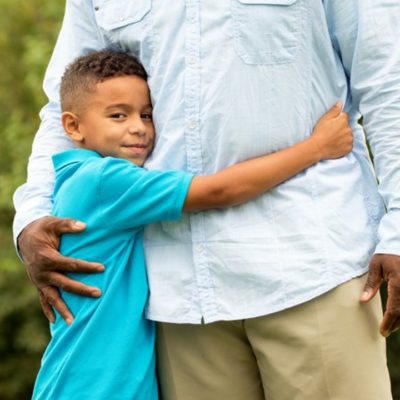Description
Trauma manifests in affect dysregulation and habitual responses that are best accessed through body-based and creative approaches. Therapists serve as models and interactive co-regulators with youth and their caregivers, teaching them to mindfully observe and expose, with curiosity and compassion, patterns that have been reinforced through experiences.
Clinicians and therapists working with children and youth will explore strategies that offer body-based and creative interventions with an opportunity for hands-on and reflective practice. In this experiential learning session, you will learn to recognize signs that a client might be outside the Window of Tolerance (i.e. hyper- or hypo-aroused), and how/when to use non-verbal strategies that bypass the language centres of the brain to promote healing.
Learning Outcomes
- Describe key components of various body-based frameworks and creative approaches (e.g. Sensorimotor Psychotherapy™, EMDR, ARC, SMART, music, art, play) that facilitate the healing process.
- Apply basic skills used in the somatic and expressive approaches including grounding, centering, containment and more.
- Using case studies, identify creative interventions for working with traumatized youth and their caregivers.
Who Should Attend
This course is suitable for clinicians and therapists working with children and youth with a complex trauma history.
Course Dates & Format
There are no scheduled dates for this course at this time, however in-service is available.
This is a 6-hour training. This course consists of two 3-hour interactive virtual sessions using Zoom.
Instructor: Kimberley Shilson, MA, C. Psych.
Kim Shilson has been providing clinical services for 25 years both in Canada and the US with children’s mental health agencies, adult mental health programs, and within the VAW (violence against women) sector. For the last 15 years, her focus has been on trauma assessment and treatment, clinical consultation, the mind-body connection in the treatment of attachment-based and trauma-related concerns, and the LGBTQ community. Along with private practice, she provides clinical supervision and consultation. Kim offers trauma treatment for clients referred by the Victim Quick Response Program (VQRS) and BOOST’s ICE (Internet Child Exploitation) Program. In addition to her work for SafeGuards Training, Kim provides coordination and teaching assistance for the Sensorimotor Psychotherapy Institute (SPI), and teaches online courses for Fanshawe College.
Training Fee
Group Registration: Save 20% off individual fees with a group registration of 4 or more participants. Download the group registration form HERE.
Continuing Education Information
Licensing boards and professional organizations will grant Continuing Education credits for attendance at their discretion when participants submit the course outline and certificate.
In-Service
This is available as an in-person or virtual in-service training and customized to suit your needs.



